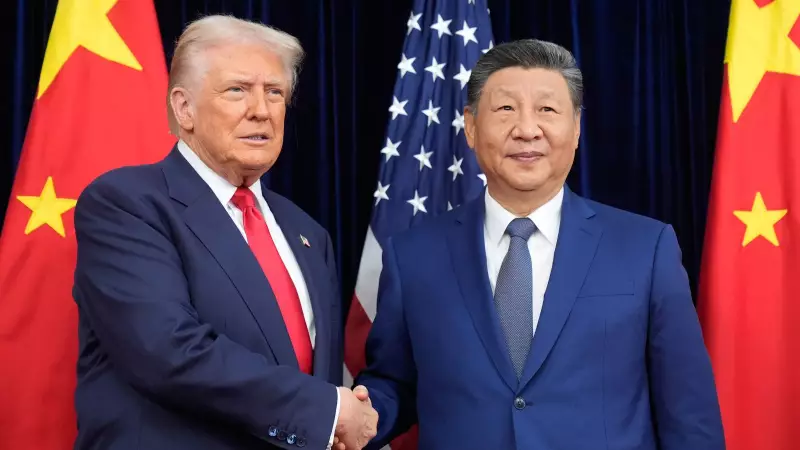
In a surprising move that could reshape global trade dynamics, former US President Donald Trump has announced substantial cuts to American tariffs on Chinese imports, reducing them to a flat 10 percent rate. This decision comes after high-level discussions with Chinese President Xi Jinping, signaling a potential de-escalation in the long-standing trade tensions between the world's two largest economies.
A Strategic Trade Policy Shift
The tariff reduction represents a significant departure from the previous administration's approach, where duties on Chinese goods had reached as high as 25 percent on certain products. This policy reversal suggests a recalibration of US trade strategy aimed at balancing economic competition with practical diplomatic considerations.
Industry analysts are viewing this development as a potential breakthrough in the US-China trade relationship, which has experienced considerable strain in recent years. The timing of this announcement is particularly noteworthy, coming ahead of planned diplomatic engagements between the two nations.
Economic Implications and Market Response
The immediate market reaction to this news has been cautiously optimistic, with trade experts predicting several key outcomes:
- Reduced consumer prices for American households on Chinese-manufactured goods
- Potential relief for US businesses dependent on Chinese supply chains
- Improved prospects for bilateral trade negotiations
- Possible stabilization of global markets affected by trade uncertainties
Diplomatic Context and Future Prospects
This tariff reduction follows extensive discussions between Trump and Xi Jinping, highlighting the continuing importance of personal diplomacy in managing complex international relationships. The move is seen by many observers as a confidence-building measure that could pave the way for more comprehensive trade agreements in the future.
The development comes at a critical juncture in US-China relations, with both nations navigating competing interests while recognizing their economic interdependence. Trade experts suggest that this policy adjustment could create momentum for addressing other contentious issues in the bilateral relationship.
As global markets digest this significant policy shift, attention now turns to how China will respond and whether this marks the beginning of a broader normalization of trade relations between the economic superpowers.





